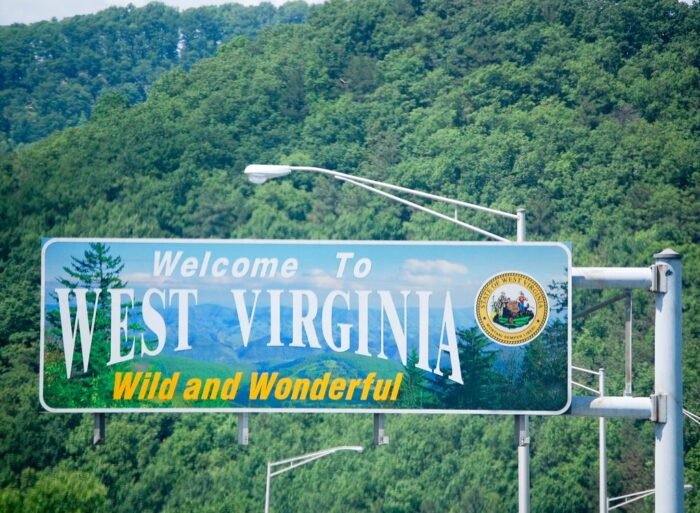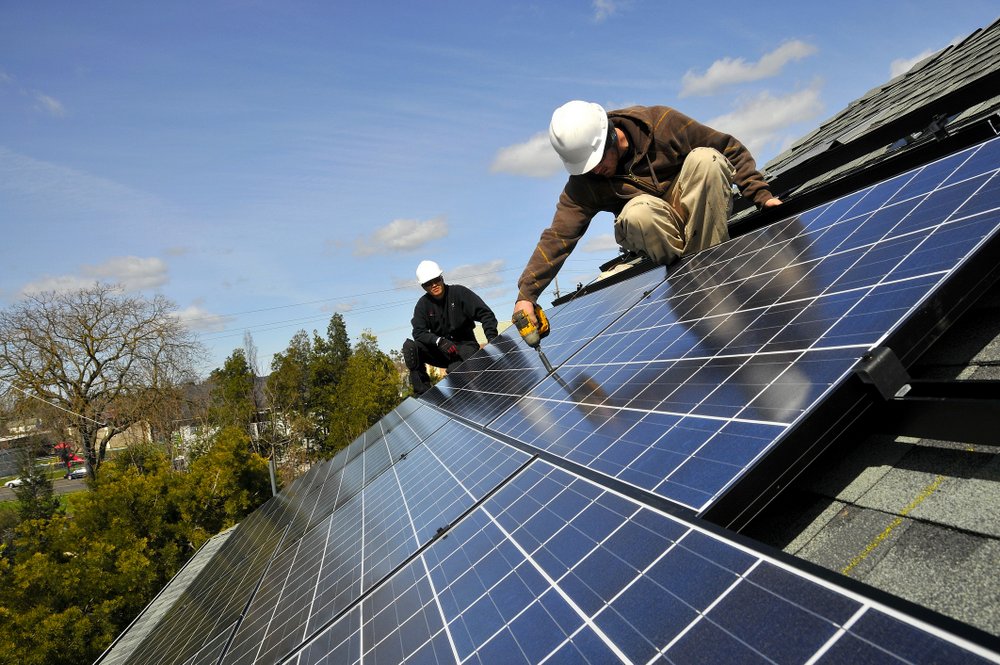West Virginians fight cuts to solar rates, Minnesota saves community solar, and more state policy news this week
With access to federal investment tax credits up in the air, state policy is more important than ever for solar installation companies and developers. Here are some of the latest solar policy and rate headlines across the country.

West Virginians fighting for rooftop compensation
A rally is planned in West Virginia this week in response to Appalachian Power and Wheeling Power’s proposed base rate increase and drastic cuts to rooftop solar compensation. AEP’s proposal would significantly raise electric bills for all customers—residential, commercial, and industrial (West Virginians already pay some of the highest electricity prices in the region). The plan also targets rooftop solar by slashing the net metering credit by nearly two-thirds.
“It is a top concern of ratepayers for our monopoly utility, Appalachian Power, to do more to reduce bills for everyday West Virginians,” said Emmett Pepper, policy director for Energy Efficient West Virginia. “The June 17 hearing before the West Virginia Public Service Commission provides a critical opportunity for those of us who don’t have high-priced lobbyists to speak up and push for an energy future that encourages what is cost-effective.”
Currently, customers with rooftop solar receive fair credit for any excess energy their systems produce. Solar advocates also argue the AEP proposal required unworkable timelines; customers who wished to avoid the credit cuts needed to have the interconnection paperwork for their solar energy systems submitted by Dec 31, 2024 – with projects given a ‘certificate of completion’ by the utility by April 30, 2025. Anything later than that, and customers would be stuck with the dramatically lower net metering rate.
“By requesting that new rates be backdated, AEP literally tried to retroactively strip hundreds of West Virginians of their net metering before the PSC had even issued a decision in the case,” said Dan Conant, CEO of Solar Holler. “The worst part is, this is just one more example of AEP putting corporate profit over people and treating solar generators as second-class customers.”
Anti-renewable legislation dies in Texas
Texas lawmakers failed to pass four bills aimed at limiting renewable energy projects by slyly tying them to more fossil fuel generation. One bill, S.B. 388, would have required every watt of new solar generation to be accompanied by a watt of new gas generation. Two companion measures would have “forced existing wind and solar companies to buy fossil fuel-based power or connect to a battery storage resource to cover the hours the energy plants are not operating.” Read Inside Climate News for more.
Minnesota keeps community solar

Minnesota is a leader in community solar, but lawmakers came close to ending that. Repeal language was luckily removed from SB 2855 and its House companion to protect Minnesota’s Community Solar Garden program.
“During a time when state-level action is crucial, it is a major win to see that Minnesota lawmakers side with communities and the clean energy advocates to keep the Community Solar Garden program intact,” said Vote Solar’s Midwest Regional Director, Patty O’Keefe.
The Community Solar Garden program has been a cornerstone of Minnesota’s clean energy transition, and this is a major win—securing access to solar for renters, homeowners, schools, farms, and small businesses. Because of the rejected proposed repeal, Minnesotans will now see the results from last year’s modernization of the Community Solar Garden program, ensuring that more households, including low-to-moderate-income (LMI) communities, can now access the benefits of local clean energy.
A Minnesota Department of Commerce study found that the program is projected to deliver $2.92 billion in net benefits to the state, with ongoing savings projected to reduce energy bills by 3-8% for both LMI and non-LMI customers. With bipartisan support in both chambers, the bill is now headed to the Governor’s desk.
Nevada expands homeowner rights for solar
Two bills passed in Nevada strengthen consumer protections for rooftop solar customers statewide and also ensure more access to solar in HOA neighborhoods.
“These bills represent years of work to raise the bar for transparency, accountability and fairness in Nevada’s solar market,” said Steve Hamile, chair of the Nevada Solar Association. “We thank the Legislature and Governor for recognizing the importance of protecting homeowners while expanding access to clean energy.”
SB379, sponsored by Senator Fabian Doñate, adds new protections for consumers financing solar systems, including:
- Mandatory oversight by financiers to ensure proper licensing of solar installer
- Stronger disclosures for loans, leases, and power purchase agreements
- Expanded cancellation windows, especially for seniors
- Restrictions on deceptive marketing and premature payment collection
SB440, led by the Senate Commerce and Labor Committee, ensures fair access for homeowners in HOAs and improves net metering and installation timelines. The bill:
- Requires HOAs to process rooftop solar requests within 15 to 35 days
- Clarifies contract rights and limits unnecessary restrictions
- Strengthens public utility response timelines for net metering
Montana Governor vetoes GOP-backed community solar bill
Montana Governor Gianforte vetoed SB 188, a broadly GOP-supported bill that would have enabled the state to create a third-party community solar program. The Montana Renewable Energy Association and the Coalition for Community Solar Access issued this joint statement:
We are confounded by Governor Gianforte’s decision to veto SB 188, a bipartisan, pro-business bill that passed with overwhelming support from more than 100 lawmakers across party lines and that was supported by thousands of Montana families, businesses, and a broad coalition of stakeholder groups. The only stakeholders who opposed the bill were the monopoly utilities, which makes the decision even more worrisome.
We are further disappointed that the Governor’s office chose to disregard the industry’s direct commitments to responsible program implementation at the PSC. In a formal letter to the Public Service Commission, the developer community voluntarily outlined clear guardrails for the program—including support for cost containment and a pledge to advocate for solely economic considerations in future rulemakings. These proactive steps were designed specifically to address concerns about PSC authority and potential cost impacts.





Comments are closed here.